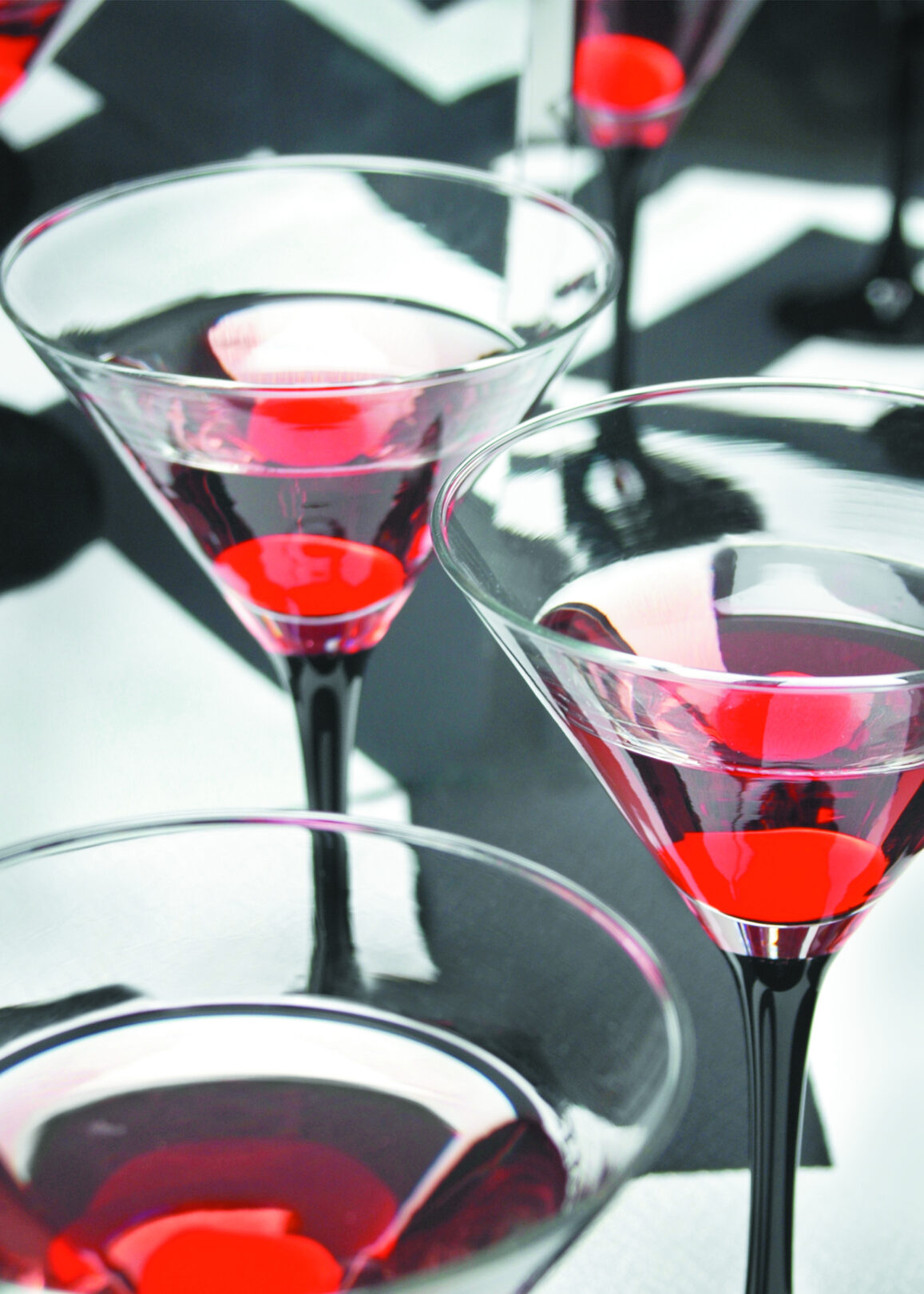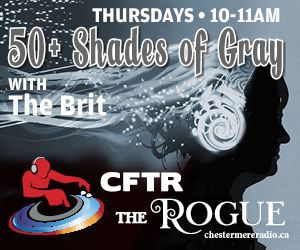National Martini Day has just recently passed us by, taking place on June 19 every year. In past years, I would get all gussied up in my fanciest duds and hit the cocktail bar circuit for a night of Martini drinking with my regular crowd, but these last two years of isolated boozing in my sweatpants and cheeto-stained t-shirt from the solitude of my windowless basement has me less than enthused about getting all tarted up to spend $19 per cocktail at a fancy lounge.
When I was but a young and naïve boozer, I was shocked to learn that the Martini was not a British invention The college bars I frequented in my early drinking years served only cheap draught beer fit for students, so my only knowledge of Martinis came from a suave 007 secret agent who was famous for preferring his Martinis shaken, not stirred.
Unlike so many of the ancient tipples of the world that hail from Western Europe, the Martini is an entirely New World creation, although there is some disagreement among the booze historians as to whether the Martini was invented in New York City or in San Francisco.
While there may have been earlier oral records now lost in the boozy mists of time, the earliest written record of the Martini comes from a bartenders cocktail guide published in 1887, suggesting the recipe evolved from a cocktail called the Martinez that was served at the Occidental Hotel Bar in San Francisco.
The recipe underwent a few minor modifications before becoming what we would recognize today as the classic Martini recipe of two parts London Dry Gin, one part Dry Vermouth, shaken or stirred over ice, then strained into a cocktail glass, and optionally garnished with an olive or lemon twist.
I went through a Dirty Martini kick in the early days of the new millennium, which adds a dash of olive brine and a green olive on a toothpick as garnish. It all began innocently, but after slowly cranking up the amount of olive brine to the mix over the course of several months, there was one unfortunate night that I can only assume was caused by a reaction to eating too many garnish olives, and not by the Gin and Vermouth the olives were soaked in.
Learning my lesson, I returned to the classic Martini recipe, alternating back and forth between the Dry and Wet varieties by adjusting the amount of Vermouth in the mix. After much experimentation, I am firmly wedded to the 2:1 ratio of Gin to Vermouth, although I must confess I have left the boring old European liquor brands behind, and replaced them with crafty local spirits instead.
During the early days of the pandemic, I obtained some much-sought hand sanitizer from a craft distillery in Okotoks, and it smelled so good I may have even licked the back of my hand once or twice. Since the hand sanitizer smelled so good, I imagined their booze would be even better, so I picked up a bottle of their Tippa Lovebird Gin, made with painstaking care in a nano-distillery in Okotoks, which has become my new go-to Gin for cocktails like the Martini. No more of that boring old Bombay Sapphire or Beefeater Gin for me!
Vermouth is much less popular here in North America than it is in Europe, so local crafty examples are hard to come by, but I have replaced that boring old green bottle of Italian Martini Rossi Vermouth with the Tawse Dry Vermouth from the Tawse Winery, a four-time winner of Canadian winery of the year, located about halfway between Hamilton and Niagara Falls.
While Gin is a distilled spirit that will last pretty much forever, Vermouth is classified as a fortified wine, usually weighing in around 18% ABV. A Vermouth producer will start by fermenting a wine, then adding a neutral grape brandy, sweetening with sugar, and adding aromatic herbs, roots, or botanicals. Be sure to refrigerate Vermouth after it has been opened, as it will oxidize and spoil within a month or so at room temperature, but can be stretched to three months if kept chilled.
Whether you prefer your martinis at home in your comfy sweatpants, or 007 style in a flashy tuxedo while playing baccarat, try one with locally produced Canadian spirits!





